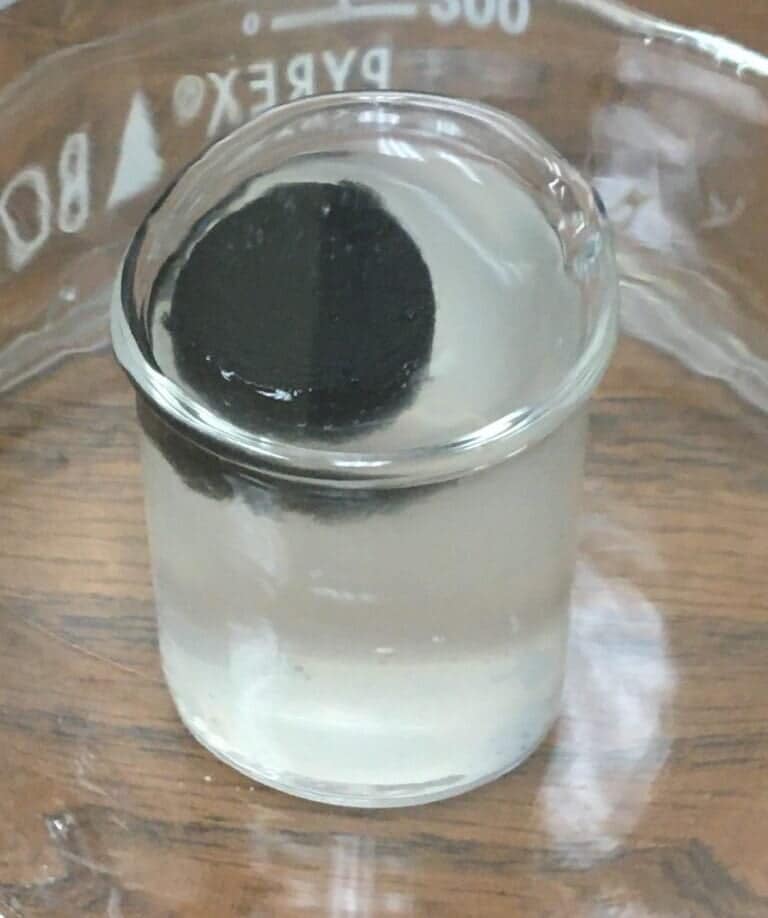In many parts of the world, access to clean water is a major unmet need. A new material that disinfects water in an hour could hold the answer. That's what a prototype from the University of Texas at Austin does.
The most common way to disinfect water and make it drinkable is usually to boil it. Many parts of the world lack reliable sources of electricity and modern equipment to do this work efficiently. New devices and methods (solar stills, graphene filters, chlorine dispensers) have been designed to clean water faster and more efficiently than older methods, but they require electricity and may still require a lot of labor. Other methods (such as the revolutionary electrospinning) are still being finalized.
Drinking water thanks to hydrogel
For the new study, the researchers developed a relatively easy method which does not require energy to function. It is a hydrogel tablet that can simply be dropped into a container of water, where kills more than 99,999 percent of bacteria within about an hour. The hydrogel can then be removed, leaving no residue or chemicals. The search was published in Advanced Materials magazine.
The tablets work by generating hydrogen peroxide, which works with activated carbon particles to kill bacteria by interrupting their metabolism, and make water drinkable. The team says no harmful by-products are created in the process.

The hydrogel could also improve current methods
Not just drinking water "in tablets", however. These hydrogel purifiers could also find use in improving other techniques, such as solar distillation. A system that works by concentrating the sun's heat to evaporate water and collect it in another container, leaving contaminants behind. This equipment can become clogged with microbes, but the team says the new hydrogel could prevent this.
While only small-scale tests have been conducted so far, the new hydrogels should also be fairly easy to scale up, the researchers say. The materials and processes are cheap and simple, and the material can be molded into all sorts of shapes and sizes to suit specific use cases.
“Our multifunctional hydrogel can make a big difference in mitigating global drinking water scarcity. It is easy to use, highly efficient and potentially scalable to mass production,” he says Guihua Yu, corresponding author of the study.


